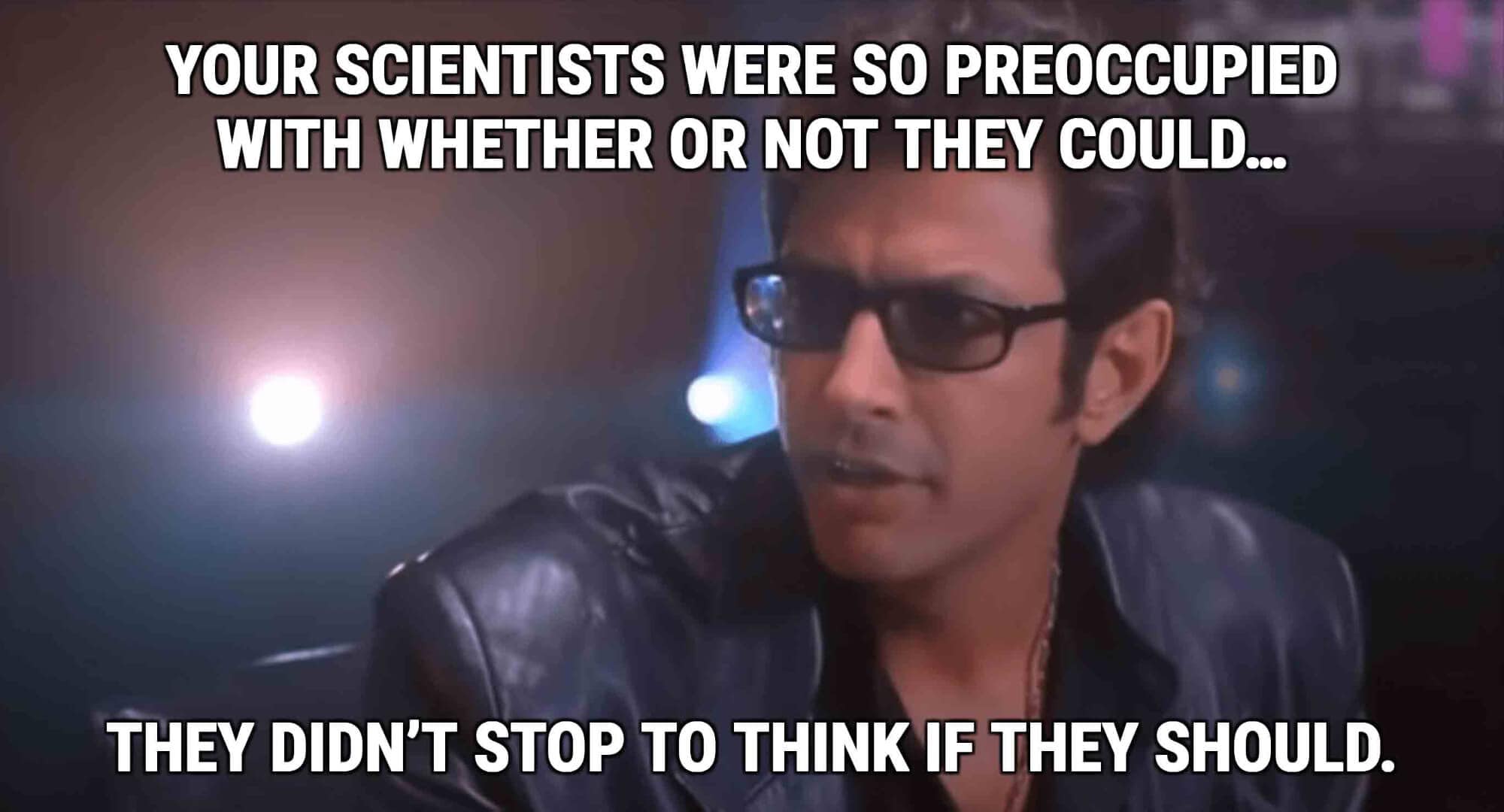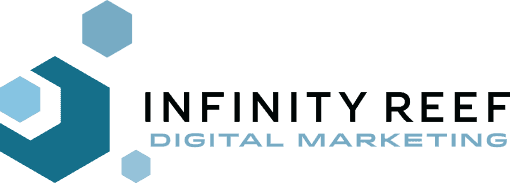Right now, it’s as if social media has always been with us, but it began only 25 years ago. It has had a profound effect on communication and discourse world-wide.
For many marketers, social media can seem to be an obvious part of any client’s strategic marketing plan. But we don’t believe that’s always true. It’s important to look at each client, their business goals and how their audience reacts to messaging before committing to any marketing efforts.
While social media can be a powerful tool for some companies, it may not always provide significant benefits for certain business types. The effectiveness of social media marketing depends on various factors such as the target audience, industry and marketing objectives.
It’s also important to remember that social media favours players with large audiences, and that usually means long-established national and international brands, or celebrities and influencers. They’re far more likely to create those ‘viral’ moments that are considered a banner of success. Smaller businesses will do their best by being consistent with their messaging to build awareness and loyalty, just as they’ve always had to do in other advertising channels.

WHEN SOCIAL MEDIA MIGHT NOT BE THE WAY TO GO
As a way to get more specific, here are a few business types where social media may not be as beneficial:
- B2B (Business-to-Business): Some B2B clients operate in industries where social media platforms are not considered central to the company-audience relationship. The audience might primarily engage through other channels such as industry-specific forums, trade publications, professional networks and relationship building with reps from both companies. These businesses will likely find better results by focusing on other marketing strategies, though social media can still be used for general brand awareness.
- Niche or Local Businesses: If a business caters to a very specific niche market or operates in a localized area with a limited target audience, the reach and impact of social media platforms may be limited. In such cases, businesses may find more success by focusing on targeted local advertising, community engagement or specialized industry events.
- Low Digital Engagement: Some target audiences may have limited digital engagement, preferring traditional media or face-to-face interactions. For example, certain age groups or demographics may be less active on social media platforms, making it less effective to invest heavily in social media marketing for businesses targeting these groups.
- Limited Resources: Social media marketing requires time, effort and resources to create and maintain a strong presence. For small businesses or startups with limited resources, it may be challenging to allocate sufficient time and expertise to manage social media effectively. In such cases, businesses may need to prioritize other marketing channels that provide better returns on investment.
THE BIGGER PICTURE
As with any marketing channel available, it’s important to start with the client and their customers. The goal is to fit naturally, not force a business down a path because it’s what an agency knows how to monetize.
From the client side, companies want to work with people that choose to take the time to understand the business. If someone in a company says, “Social media is really hot, we have to do that!” and they engage an agency that focusses on social media, the agency may not question whether it’s a fit for the client or not. They may take the money and present the results in the best way possible to keep the client on the line.
We’re using social media as the example here – showing that it really isn’t a one-size-fits-all solution – but the thought behind this applies to any marketing channel: Google and Facebook ads, direct mail, email newsletters, TV and radio, and so on.
The place to start isn’t what channels to use, but what channels fit the business, the customers it serves and a marketing plan that connects all the pieces. It starts with the business’ goals and how they do business. Think of it as going to a tailor instead of buying off the rack. Each business has the potential to be unique and stand out from its competitors. And that only happens when you take the time to meet, discuss and do your research before committing to one channel or another.
Infinity Reef is a small, nimble agency that outperforms for its size and responds well to client engagement and collaboration. Contact us and we’ll be happy to have an unhurried, in-depth conversation with you.
